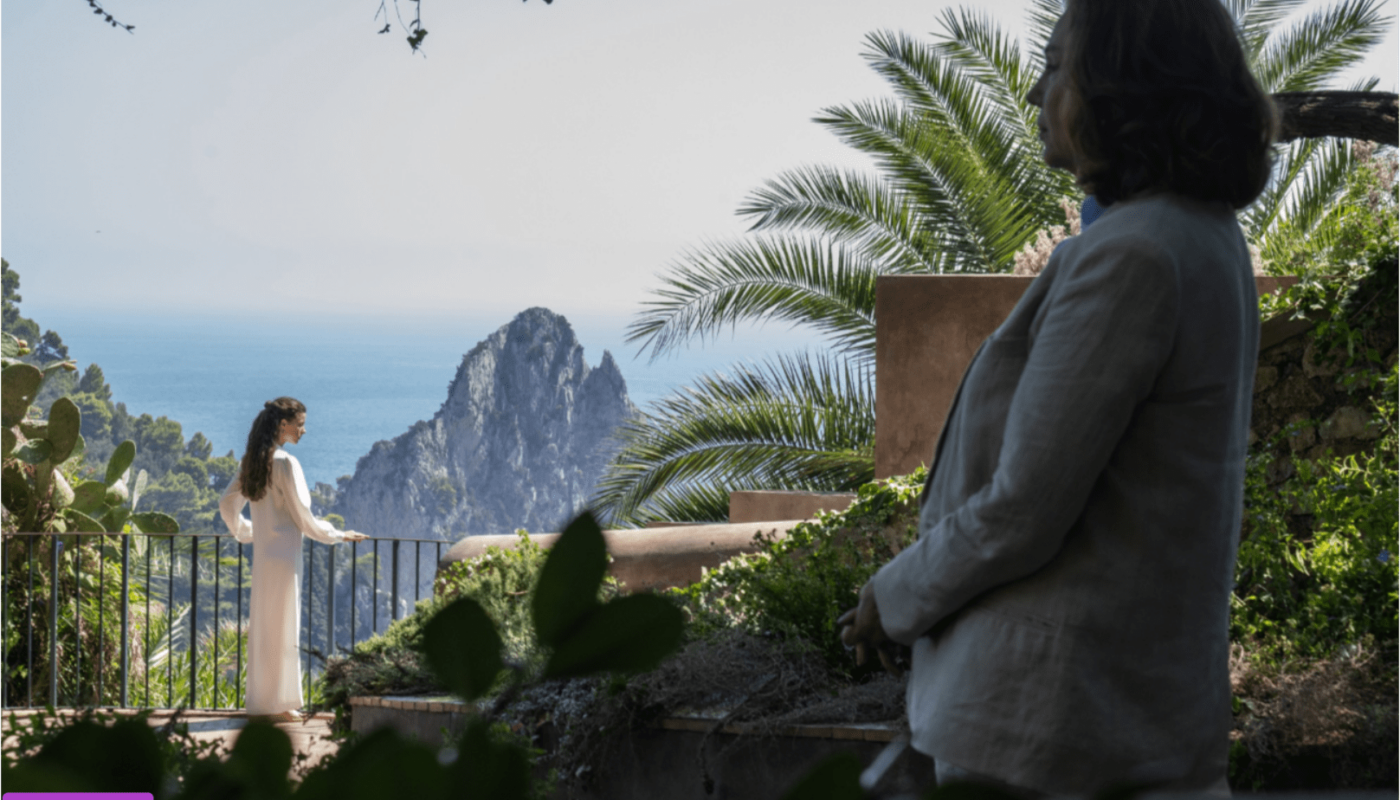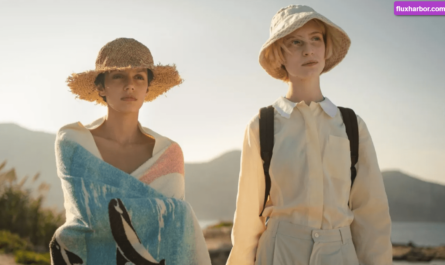Parthenope Review: It’s overly simplistic to claim that male directors are incapable of creating compelling stories with female leads. This has been demonstrated effectively in various films, from Quentin Tarantino’s Kill Bill series to numerous horror flicks featuring resilient final girls. However, watching Paolo Sorrentino’s Parthenope raises doubts about whether men are truly suited to handle narratives centered around women.
The film, running over two hours, aims to portray the life of its eponymous character, a young woman navigating Italy in the latter half of the 20th century. The outcome is a clichéd portrayal of women viewed solely through the lens of male perspective. The term “male gaze” hardly begins to describe Sorrentino’s approach to his protagonist and her narrative. Adding to the issue is a notably insensitive and peculiar depiction of disability, resulting in a vanity project that leaves audiences questioning how such a film was ever made.
Parthenope (2025)
- Genre: Drama, Fantasy
- Synopsis: Parthenope follows the life of a woman named after the mythical siren of Naples, from her birth in 1950 to the present day. The film depicts her passionate love for freedom, her city, and its vibrant inhabitants, offering a rich portrayal of her deep-rooted connection to Naples.
Release Date
- January 8, 2025
Director
- Paolo Sorrentino
Cast
- Celeste Dalla Porta, Stefania Sandrelli, Gary Oldman, Silvio Orlando, Luisa Ranieri, Isabella Ferrari, Silvia Degrandi, Lorenzo Gleijeses
Runtime
- 136 Minutes
Writer
- Paolo Sorrentino
What Is ‘Parthenope’ About?
The film starts with Parthenope’s birth in 1950, named not by her mother but by her father’s boisterous boss. The narrative jumps to her at 18 (portrayed by Celeste Dalla Porta), instantly establishing her as the epitome of beauty and allure, desired by everyone around her, including her own brother. She moves with feline grace, indulging in deep conversations while smoking incessantly, fully aware of her impact on others, particularly her infatuated friend Sandrino (Dario Aita). Parthenope is not just beautiful and enigmatic but also intelligent, studying anthropology at Naples University, where she attracts the attention of her professor, Marotta (Silvio Orlando).
The story advances to when she is 23, spending a carefree summer in Capri with her brother, Raimondo (Daniele Rienzo), and Sandrino. Despite lacking money or accommodation, she catches the eye of a millionaire who lands in a helicopter, and meets her favorite author, John Cheever (Gary Oldman). Cheever’s dialogue is as awkward as it is intrusive, reflecting the film’s odd tone.
The film continues as tragedy strikes Parthenope’s family, transforming her into a tragic figure who is both seductive and sorrowful. She briefly pursues acting but finds the entertainment world hollow and returns to her studies. The film includes a disturbing live show featuring a couple known as “the Great Fusion,” which feels exploitative and unnecessary.
‘Parthenope’ Reduces Its Lead Character to How Men View Her
The film ultimately reduces Parthenope to a series of interactions with men who objectify her, despite attempts to portray her intelligence. Unlike Forrest Gump, whose life is marked by grand achievements, Parthenope’s story is marred by degrading scenes, including one involving a lecherous priest. The film’s portrayal of women through their relationships with men reflects a deeper issue within the narrative.
Paolo Sorrentino’s ‘Parthenope’ Is an Epic Misfire
Despite lead actress Celeste Dalla Porta’s compelling performance, the film’s treatment of women is profoundly disappointing. Sorrentino’s directorial skills, known for capturing natural beauty and intricate details, fail to translate into a meaningful story about female experience. While Youth offered a thoughtful exploration of aging, Parthenope represents a step backward, especially at a time when female directors struggle for recognition and funding.
Parthenope was showcased at the 2024 Karlovy Vary International Film Festival.



